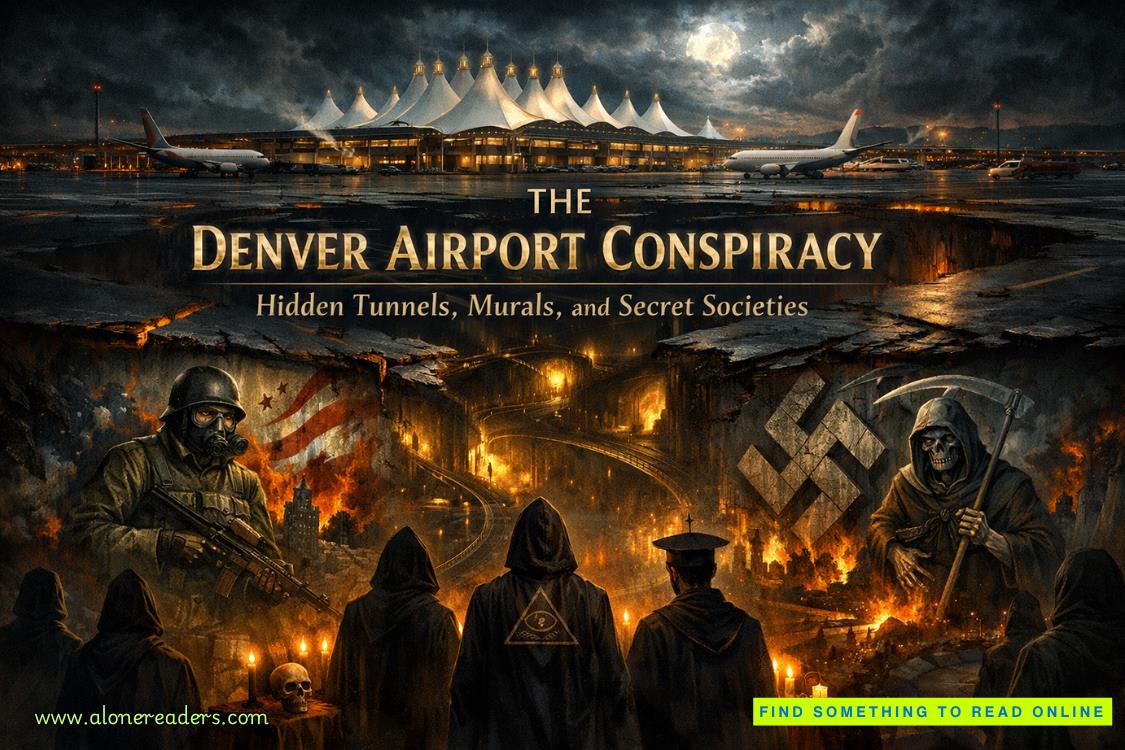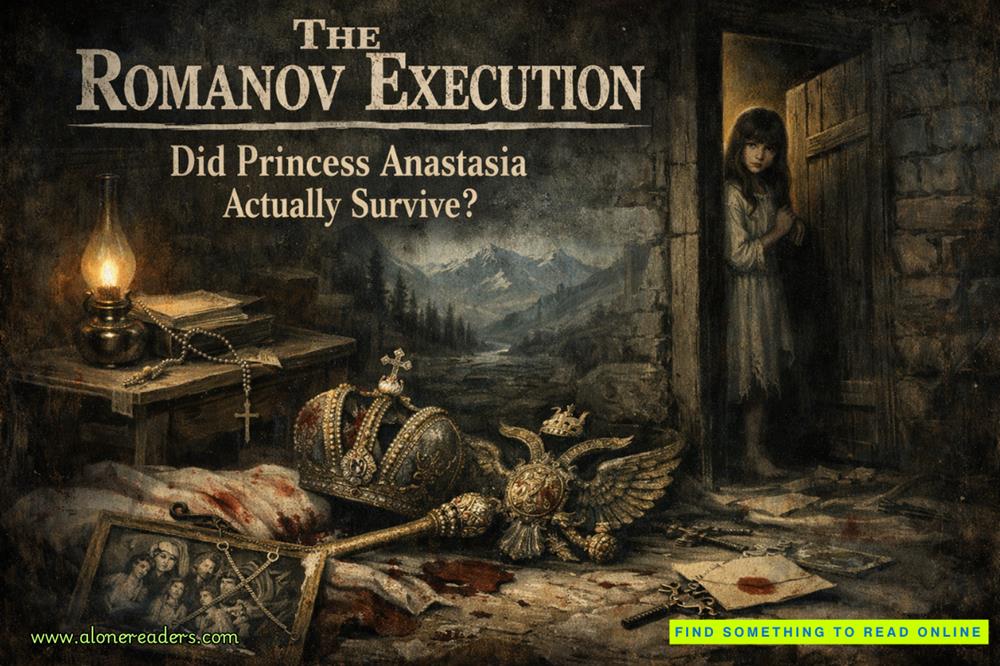The factory's ruins smoldered behind us, another piece in someone's twisted performance art. But they'd miscalculated. They thought using my father's memory would break me.
Instead, it had given me something else to fight for.
Chapter ten
James
Marcus's stopwatch weighed heavy in my messenger bag as I drove back to campus, its presence nagging at me like an unsolved equation. The factory's chemical residue clung to my clothes. It was a fuel blend I'd never encountered before.
The neutral smell of my sterile office warred with the toxic cocktail I'd brought back with me. Case files covered every surface, their manila edges warped from constant handling. The wall behind my desk had become a maze of maps and crime scene photos, red strings connecting points that refused to resolve into a clear pattern.
I pulled up the chemical analysis from the latest fire on my laptop, but the numbers blurred. I was still tense from watching Marcus tear after that shadow in the darkness. I gripped the edge of my desk and thought about how he'd looked at me when I'd threatened to walk away—like he could see right through my academic armor to the truth beneath.
"You think you can just walk away from this?" His voice echoed in my memory. "From me?"
The truth was, I couldn't. Not anymore. Not since that first warehouse scene, when he'd positioned himself between me and the worst of the destruction without being asked.
My phone lit up with a text from Sarah:
"Found something weird in the factory debris. Chemical signature doesn't match anything in our database."
I started to respond, then stopped as a new thought struck. The mix of fuels wasn't merely unique—it was precisely measured and blended. That kind of precision required extensive training. Where could it be learned?
My fingers flew across the keyboard, pulling up the fire department's digital records. I needed more. I needed older files and paper trails that might tell me who else understood fire on such an intimate level.
The university archives would have historical records from the department's training programs: incident reports, disciplinary actions, and the kind of deep background that never made it into digital form.
I grabbed my coat, already considering the quickest route to the archives building. The sun had set hours ago, but that didn't matter. Sleep could wait.
I had to know who had learned to make fire dance on a terrifying stage.
The archives department occupied the library's basement level, a maze of climate-controlled rooms lined with metal shelving. At such a late hour, even the most dedicated grad students had abandoned their research, leaving me alone with decades of carefully preserved documents and the persistent hum of dehumidifiers.
My faculty ID granted after-hours access, but something about entering the space alone made my skin prickle. The motion-sensor lights clicked on in sequence as I moved deeper into the stacks, each revealing more rows of acid-free boxes and bound volumes.
Then, before the last light activated, I saw it—a shadow at the far end of the aisle. A tall figure, unmoving. My pulse spiked, and my breath froze in my throat.
The light finally flickered on, revealing… nothing.
I exhaled sharply, my heart hammering in my chest. It had to be a trick of the low lighting and how the stacks cast uneven shadows. My logical explanation didn't stop my skin from crawling.
I forced myself to move forward, tracing the shelf labels with fingers that suddenly turned icy.The back of my neck tingled as if someone were watching.
"Fire Department Training Records, 1995-2015," I muttered, tracing the shelf labels. My fingers came away with a fine coating of dust that spoke of how rarely anyone retrieved the files. The box I needed was heavy, stuffed with personnel data and incident reports from when paper was still the preferred medium for permanent records.
I commandeered one of the reading room tables, spreading the contents in careful chronological order. Names and dates blurred together—countless men and women who'd pursued careers as first responders. Some files were thin, marking early washouts. Others bulged with commendations and disciplinary notes.
A familiar ache settled between my shoulders as I hunched over the pages. The coffee from the department's ancient machine tasted like burned plastic, but I barely noticed as I sifted through page after page of evaluations and incident reports.
Then, a single name caught my eye: Elliot Raines.
The file was thicker than that of others from the same period. I opened it carefully, conscious of the paper's age. The first page included a training evaluation that made my heart skip:
"Candidate shows an exceptional understanding of fire behavior and controlled burn techniques. Instructors note unusual focus on flame propagation patterns and structural collapse points."
The words themselves were innocuous enough, but something about them raised the hair on the back of my neck—the same instinct that had made me return to that first warehouse scene in the rain.
I kept reading, and each page revealed more of a pattern I should have seen sooner.















